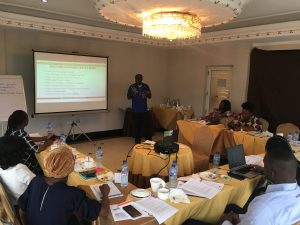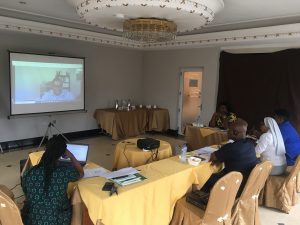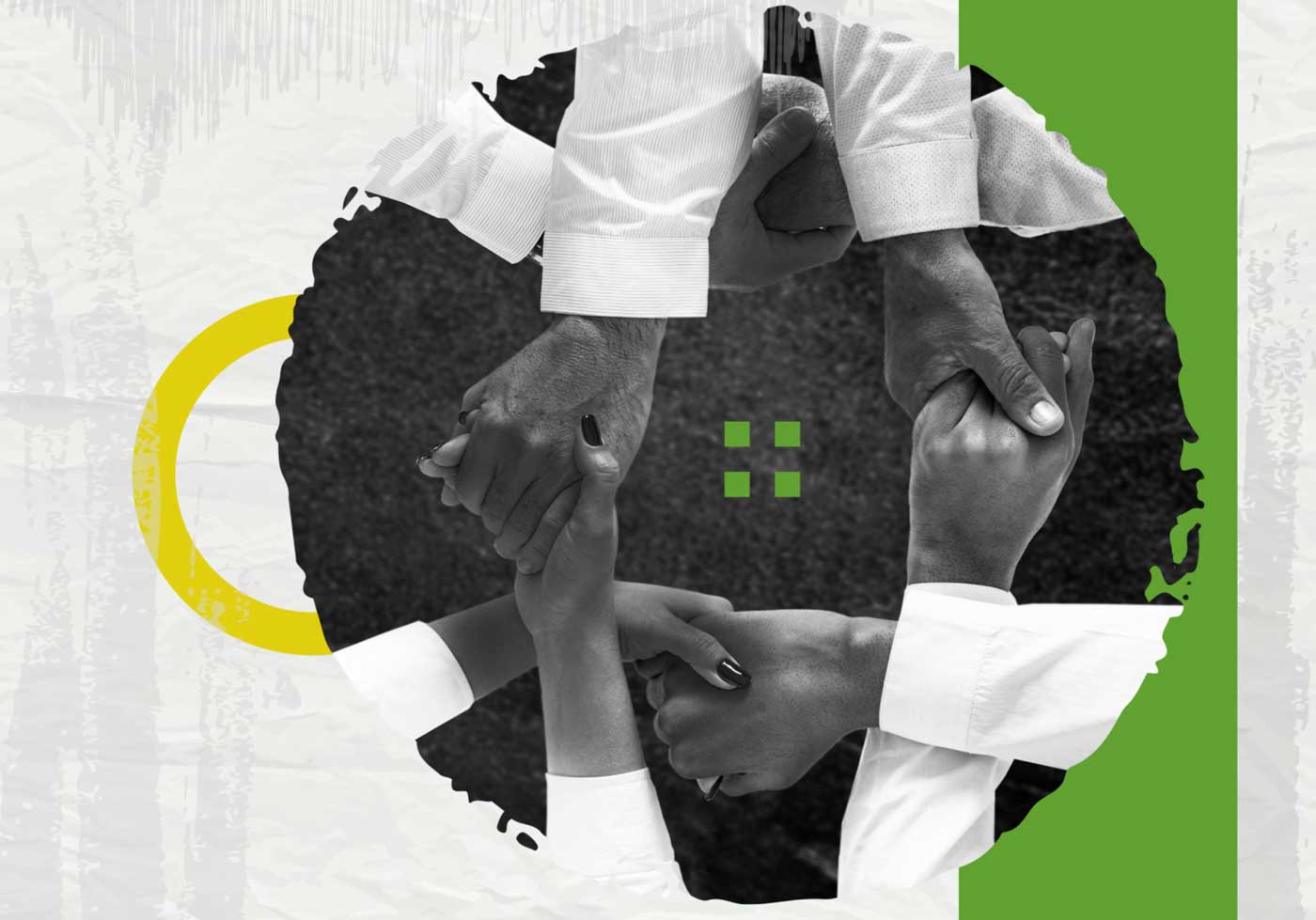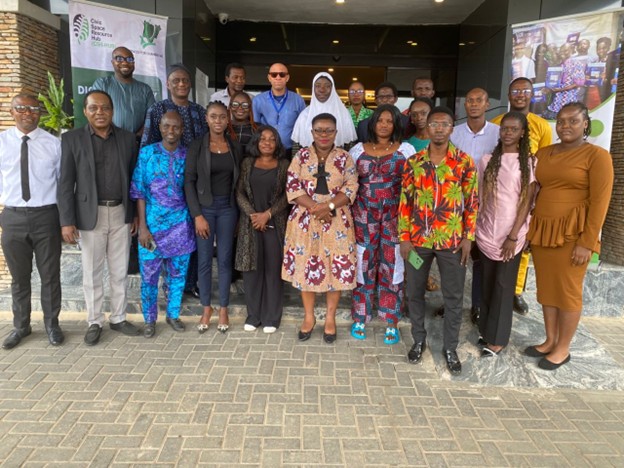For three whole days, the members of SPACES FOR CHANGE’s | S4C’s five-man board met in Lagos, Nigeria, between May 20-22, 2019, to make plans for the organization’s strategy development, stakeholder engagement and institutional sustainability. All the five board members comprising three women and two men, participated in the meeting. The Board members are Mr Samuel Diminas, Mr Sonny Onyegbula, Mrs. Esther Uzoma, Rev. Sr. Dr. Anastatia Njoku and Ms. Victoria Ibezim-Ohaeri.
On the first day of the meeting, Board members were briefed on the status of program operations, institutional partnerships, financial resources, community initiatives, international engagements, human resources, statutory compliance as well as the operational challenges. Based on this update, they reviewed program management reports and financial statements, evaluating the performance of all thematic programs, while advising on the current projects and relationships underway to achieve the organization’s mission and vision. To this end, the Board considered the prospects for expanding certain thematic mandates—such as the Extractive Governance, Urban Justice and the Civic Space programs—the three major areas where the organization has developed staff expertise and institutional capacities over the years.
The meeting also afforded an opportunity to pass board resolutions, and ratify major decisions that have been taken through electronic correspondence. One such major decision ratified at the meeting is the recent governance change which saw the addition of two new members to the Board, namely: Mrs. Esther Uzoma and Sonny Onyegbula, both of whom are distinguished members of the Nigerian Bar. The executive director was directed to notify all appropriate regulatory bodies, including banking institutions regarding this governance change, and take steps to provide every necessary documentation to facilitate and satisfy all necessary statutory compliance requirements as may be applicable.
Mrs. Esther Uzoma is a senior legal practitioner and human rights activist with a strong bias for women and children’s rights. She is the Principal Partner of Heptagon & Associates, the National Coordinator Proactive Gender Initiatives, and the Co-Convener Nigeria Civil Society Situation Room. She pioneered innovative methods of enforcing the human rights of women and children and have secured numerous favorable judgments for child victims of rape, sexual assault and gender-based violence. Mr. Sonny C. Onyegbula, a Human Rights Officer for the United Nations, specializes in international human rights law and transitional justice. Since 2004, he has served in that capacity in Eritrea, Ethiopia, Uganda, South Sudan and now in Liberia. He was an ICTJ/IJR Transitional Justice Fellow 2002. He was a key advisor for the Oputa Commission and was a coordinator for the public hearing of the Commission. Both Mrs. Uzoma and Mr. Onyegbula bring with them, many years of experience in human rights, transitional justice and governance.
 On the second day, both Board and staff members of the organization participated in a training, ‘Enhancing Civil Society Governance and Sustainability’, facilitated by Jimm Chick of the West African Civil Society Institute (WASCI). 4 key dimensions of sustainability covered during the training session include:
On the second day, both Board and staff members of the organization participated in a training, ‘Enhancing Civil Society Governance and Sustainability’, facilitated by Jimm Chick of the West African Civil Society Institute (WASCI). 4 key dimensions of sustainability covered during the training session include:
- Identity Sustainability (Relevance, Leadership and Governance, Legitimacy and Accountability, Policy and Regulations)
- Operational Sustainability (Recognition and Visibility, Influential Power, Institutional Infrastructure, Operating Space, Quality and Continuity)
- Financial Sustainability (Resource mobilisation and Generation, Financial Planning, Sound Financial Management)
- Interventions Sustainability (Ownership of Projects, Result communication, Partnership)
Both board and staff also learned about the common threats to institutional sustainability and broadly examined ways to mitigate these threats and attain a sustainable future. The second day ended with a shared commitment by both board and staff members to carefully balance the organization’s advocacy priorities with the expectations of the community and target groups, recognizing strategic and transparent communication to be the key to success.
On the third day, board and staff members met privately to discuss ongoing projects and work programs, highlighting areas of strong performance and aspects that need strengthening. Afterwards, board and staff members embarked on a tour of Badia-East community, one of S4C’s community partners. The visit afforded Board members an opportunity to gain first-hand knowledge of the living conditions of local residents and the underlying social justice issues that undergird S4C’s urban justice advocacy. Leaders and residents of Badia-East community warmly welcomed the board members to the community, and shared their daunting experiences with demolitions, forced evictions and involuntary displacement from 2015 till date. The extensive discussions that followed revolved around developing a new legal strategy for securing housing justice for the displaced populations. After three days of meetings, reviews and planning, the result was a set of action plans that would inform and strengthen future programming, while placing the organisation on the path towards sustainability.
According to the financial calendar, the Board of Directors will meet again on 20 May, 2020 to review the results of 2019 fiscal year.




